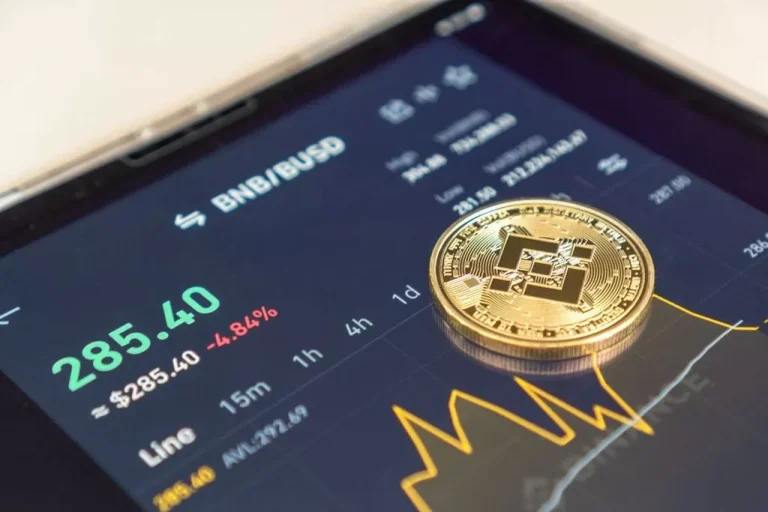An Institutional investor plays a crucial function in financial institutional trading markets, bringing experience and resources to drive market efficiency and progress. While their influence and large-scale investments provide numerous benefits, it is important to acknowledge the potential drawbacks, similar to elevated market volatility and concentrated ownership. Striking a stability between their constructive contributions and potential dangers is essential for maintaining a healthy and competitive financial market panorama.
Institutional Buying And Selling Vs Retail Buying And Selling: Understanding The Differences, Strategies, & Meanings
Just as there are individual buyers, the monetary market additionally hosts a major band known as an institutional investor. This category of traders carries a important role in the financial market owing to their distinct options as market gamers. These firms invest the premiums collected from policyholders in several companies. A portion of the returns from their investments are distributed to the policyholders within the type of bonuses and are also used to pay out insurance claims.
What Are Institutional Investors?
Tradebulls is right here for you with its professionally educated group to supply information and information you through the same. Retailer Algo buying and selling uses pc algorithms by individual merchants (often referred to as “retail traders”) to mechanically execute trades in monetary markets primarily based on pre-programmed instructions. Bajaj Financial Securities Limited just isn’t a registered adviser or supplier underneath relevant Canadian securities legal guidelines nor has it obtained an exemption from the adviser and/or supplier registration requirements under such law. Accordingly, any brokerage and investment providers offered by Bajaj Financial Securities Limited, together with the services described herein are not available to or intended for Canadian individuals.
Which Type Of Investor Invests Comparatively For A Longer Period?
Not all traders in the inventory market are retail investors or particular person stakeholders, who deal in bonds/stocks as per their very own decide and choose coverage. There are entities that commerce securities on a large scale, and typically even on behalf of economic banks, mutual funds and much more. These massive scale security trading entities are known as institutional investors. The investment strategies deployed by them are very totally different from the strategies utilized by retail investors because of the sort of entry they need to the financial markets. When discussing the “institutional investor which means,” it refers to organisations or entities that make investments and manage funds on behalf of other entities or individuals, often possessing massive quantities of capital. These large-scale traders play an important role in the monetary markets, often buying and selling substantial volumes of stocks, bonds, or different securities.
What Are The Types Of Institutional Traders
These institutional investor observe a conservative investment approach, balancing growth and earnings era to make sure the sustainability of the organisation’s financial wants. According to rules, Indian residents are eligible to commerce all out there merchandise on home Indian markets, including futures and choices. On non-Indian markets, Indian residents are prohibited from trading futures, choices or margin-based merchandise but are permitted to trade shares, bonds and ETFs.
The advanced nature of these varieties of transactions usually finally ends up discouraging or prohibiting particular person traders. Also, the institutional traders are often solicited for investments in the preliminary public offerings (IPOs). These traders have the power to negotiate the best deal attainable for such transactions in comparability with institutional traders. Since institutional merchants deal with a big quantity of trade, they’ve the facility to make an impression on the share value of any inventory. For this very purpose, they could also generally split the trades among the varied brokers. If the institutional fund is sizeable, then they also have the capability to own a better market capitalisation.
© Bajaj Financial Securities Limited

The market perceives this class of investors as more knowledgeable and well-conversant in the methods of monetary markets. And the notion holds since they possess not only specialized information but also analytical resources at their disposal that a daily investor is not privy to. Due to that purpose, institutional traders are also topic to less protecting rules. Since institutional traders invest significant sums of money into the financial markets, they’ll move the market.

Some are conservative traders in search of steady returns, whereas others are more comfortable taking larger risks in pursuit of bigger gains. The emotional facet of investing can sometimes result in impulsive decisions which may not align with long-term financial goals. Some rely on basic analysis, learning a company’s financials and industry developments. Others may interact in technical evaluation, inspecting price charts and patterns.
- This masterclass is right for intermediate to advanced traders seeking to enhance their understanding of institutional trading strategies.
- The choice to spend money on a company’s stock must be based on a more holistic view of its financials and sector-based evaluation.
- I am James E. Davis, a Forex dealer and creator who specializes in trading foreign money pairs and sharing my expertise with others via written works.
Examples of institutional buyers include mutual funds, pension funds, insurance coverage corporations, endowment funds, and hedge funds. Institutional buyers in India play a big position in the nation’s financial market, with entities such because the Life Insurance Corporation of India and the State Bank of India main the way. Banks, insurance coverage companies, retirement/pension funds, hedge funds, funding advisors and mutual funds comprise some kinds of institutional buyers. To cite an instance, the pension that an worker is entitled to obtain from his employer is invested by the latter right into a fund. The fund, in flip, can be utilized to buy shares in a company or different monetary products. Some widespread institutional investors examples embrace pension funds, insurance corporations, hedge funds, and mutual funds.
The complete number of shares that get traded by the retail merchants are often too few to make a massive impact on the value of a security. The retail merchants, not like the institutional traders, have a larger bandwidth to put cash into the small-cap stocks. The Indian inventory market has seen significant growth in current years, with the emergence of institutional buyers and traders taking part in a serious function in this development.

To sum it up, institutional investors are integral players in the home and world financial panorama. With their significant assets and strategic investment approaches, they’ve the potential to stabilise markets, gasoline large-scale initiatives and facilitate financial growth. And as you continue to navigate the complexities of the financial world, a complete understanding of the roles and affect of these monetary powerhouses is essential. The Indian monetary markets witness participation from a variety of institutional investors. This category of traders is termed ‘institutional’ traders because they’re made up of organisations and entities as a substitute of individuals. Do you wish to discover the monetary markets in India as a retail or an individual investor?

Other components similar to rules and emerging market status additionally affect institutional investment within the financial system. While they could not have all the flowery tools and research that the big gamers have, the retail traders are getting increasingly savvy. The institutional traders have restricted involvement in relation to investing in small-cap securities. The retail traders have limited involvement in relation to investing in large-cap securities. They are individuals or companies that purchase and sell securities for their very own account, with the objective of making a revenue.
Read more about https://www.xcritical.in/ here.

